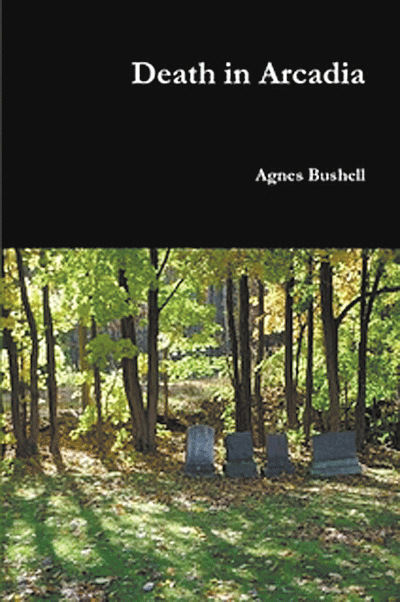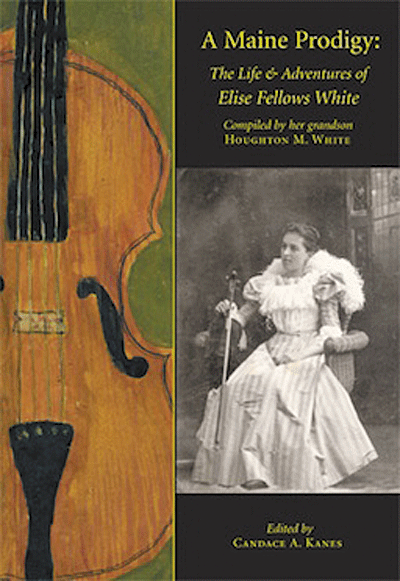DEATH IN ARCADIA
By Agnes Bushell
LuLu Communications, 2011
368 pages, $19.99
ISBN 978-1-257-91489-0
Portland’s art scene is vibrant, quirky and intense. Apparently, it can also be deadly — especially when a much hated, wealthy city developer intends to turn the art world into commercialized arts and crafts.
DEATH IN ARCADIA is Portland author Agnes Bushell’s 11th novel, a fascinating multi-level story of art theft, counter-culture revolutionaries, anti-war sentiment and the constant tension between free-spirited artists and the stuffy elitists who run the city’s college of art. And, of course, this is a mystery, too.
Bushell’s stories often contain pointed social and political commentary, probably resulting from her own passions and past activism. Her voice is genuine, however, colorfully and cleverly exposing and exploring controversial issues through the carefully crafted words and actions of her characters. She once again reaffirms her popularity as a masterful storyteller.
The victim, a deep-pocketed developer and abrasive trustee of Portland’s college of art, is found dead in a Bayside vacant lot (that he owns), now being used for an art student’s project called the Arcadia Project. The student, Mace Jarrett, is an outspoken opponent of development, and had good reason for wanting the developer dead. But, did he kill the man?
Mace is well-liked by faculty and friends, who all try to help him get out of this mess, but several people have other ideas. The victim’s connections to a group of 1960s anti-war radicals surfaces, and the suspect’s relationship with a shadowy gang of art thieves called the AAAW (Angry Artists Against the War) complicate the detective work of Harry the Finder and a delightfully gossipy group of elderly sleuths who call themselves the Greek Ladies.
This is an entertaining and complex story, with numerous characters, plotlines and subtle clues to follow, along with convincing human thoughts, emotions and behavior.
A MAINE PRODIGY: THE LIFE AND
ADVENTURES OF ELISE FELLOWS WHITE
Edited by Candace A. Kanes
Maine Historical Society, 2011
265 pages, $19.95
ISBN 978-0-915592-37-1
Memoirs are tricky to write because the questions are always — What to put in? What to leave out?
Maine musician Elise Fellows White (1873-1953) recognized the problem in the introduction to her lengthy 1938 autobiography: “To tell everything is the secret of being dull.” Then she proceeded to do just what she cautions against.
The good news here is that A MAINE PRODIGY is the vividly candid and detailed portrayal of a woman’s life in the late 19th and early 20th century as a female musician, wife and mother, and her constant struggle to support herself through the uncertainty of two world wars and the Great Depression.
This book was compiled by White’s grandson, Houghton M. White, and edited by Candace A. Kanes. It includes White’s autobiography, as well as letters, diary entries and other sources. Although long and wordy, it reveals the hopes, joys, disappointments and fears of a woman determined to be a well-known violinist.
Born in Skowhegan, she studied in Boston and Vienna under the generous patronage of a wealthy Boston couple. Boston aristocracy and European culture were much to her liking, so marriage to a Canadian mine owner and life in a rough British Columbia mining town were not quite the high society she sought.
She toured with an all-female musician trio, but never found the musical or financial success she craved. White tells of her family life, widowhood and the constant worry over money, an anxiety she carried for years, scrimping by on pennies a day. As a nearly destitute widow her despair is all too real: “My life has become a dull treadmill, empty of beauty and of artistic interests.”
This is a treasure of historical commentary and is certainly a welcome addition to the archives of the Maine Historical Society.
— Bill Bushnell lives and writes in Harpswell.
Send questions/comments to the editors.



